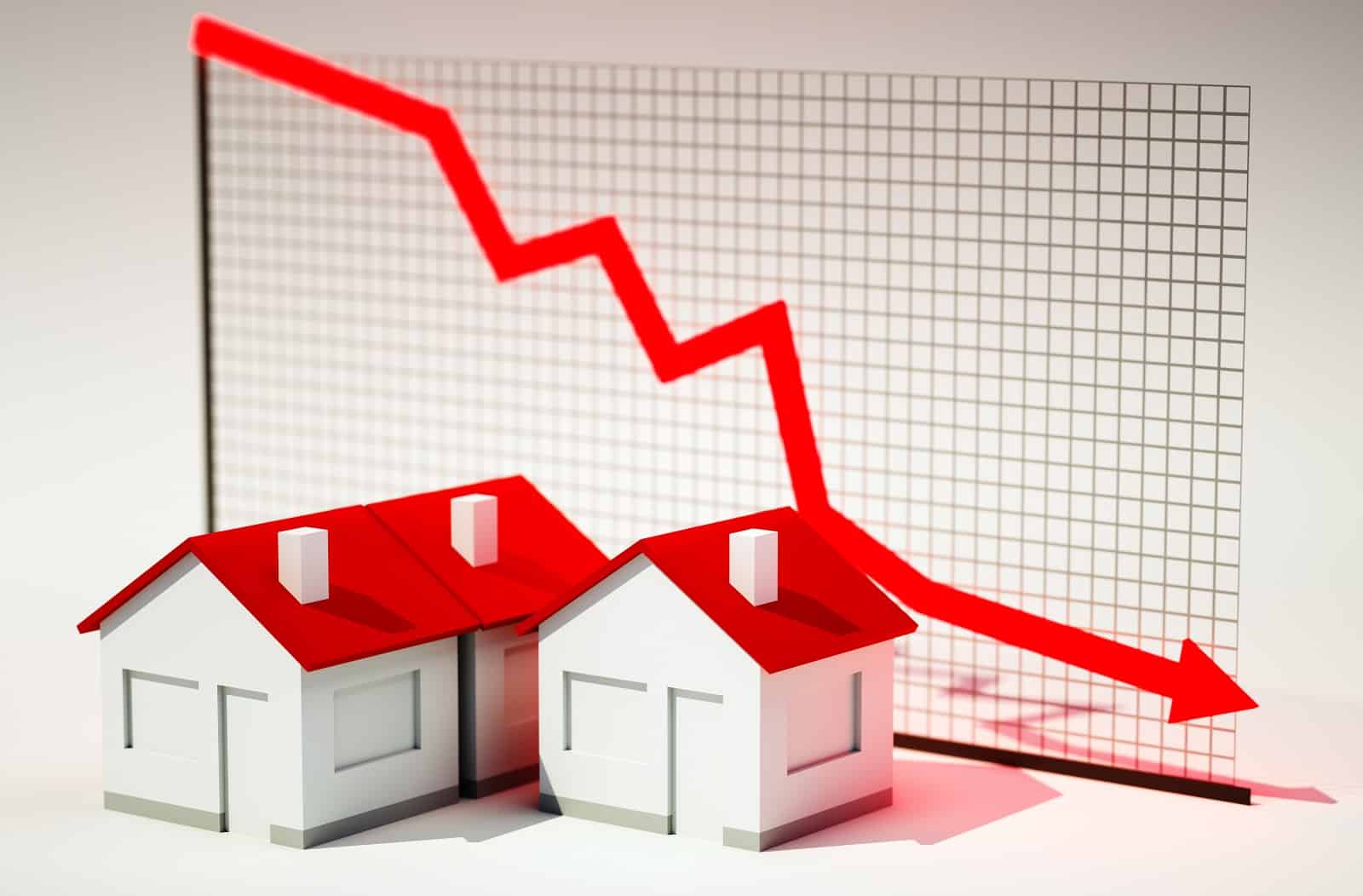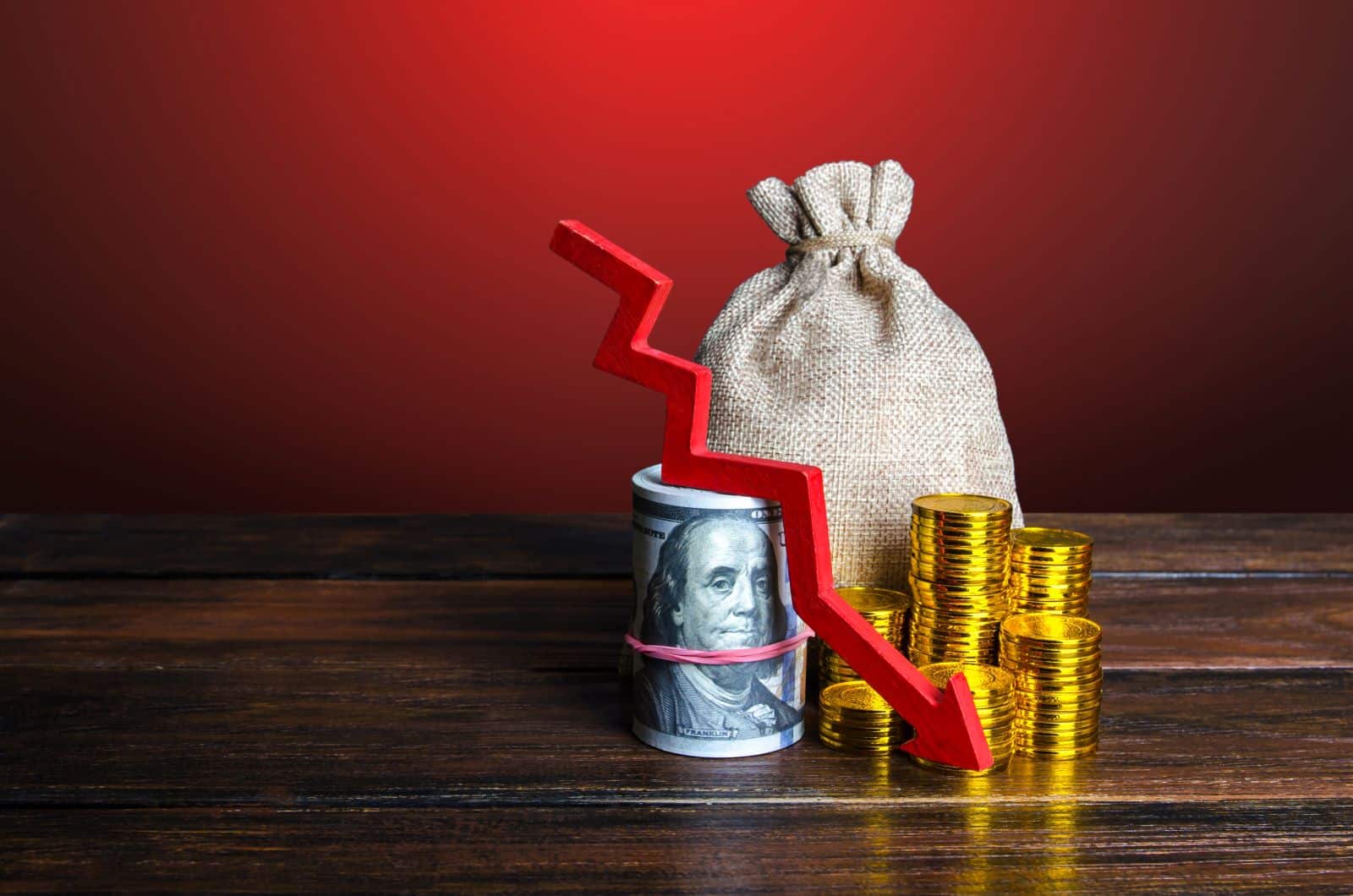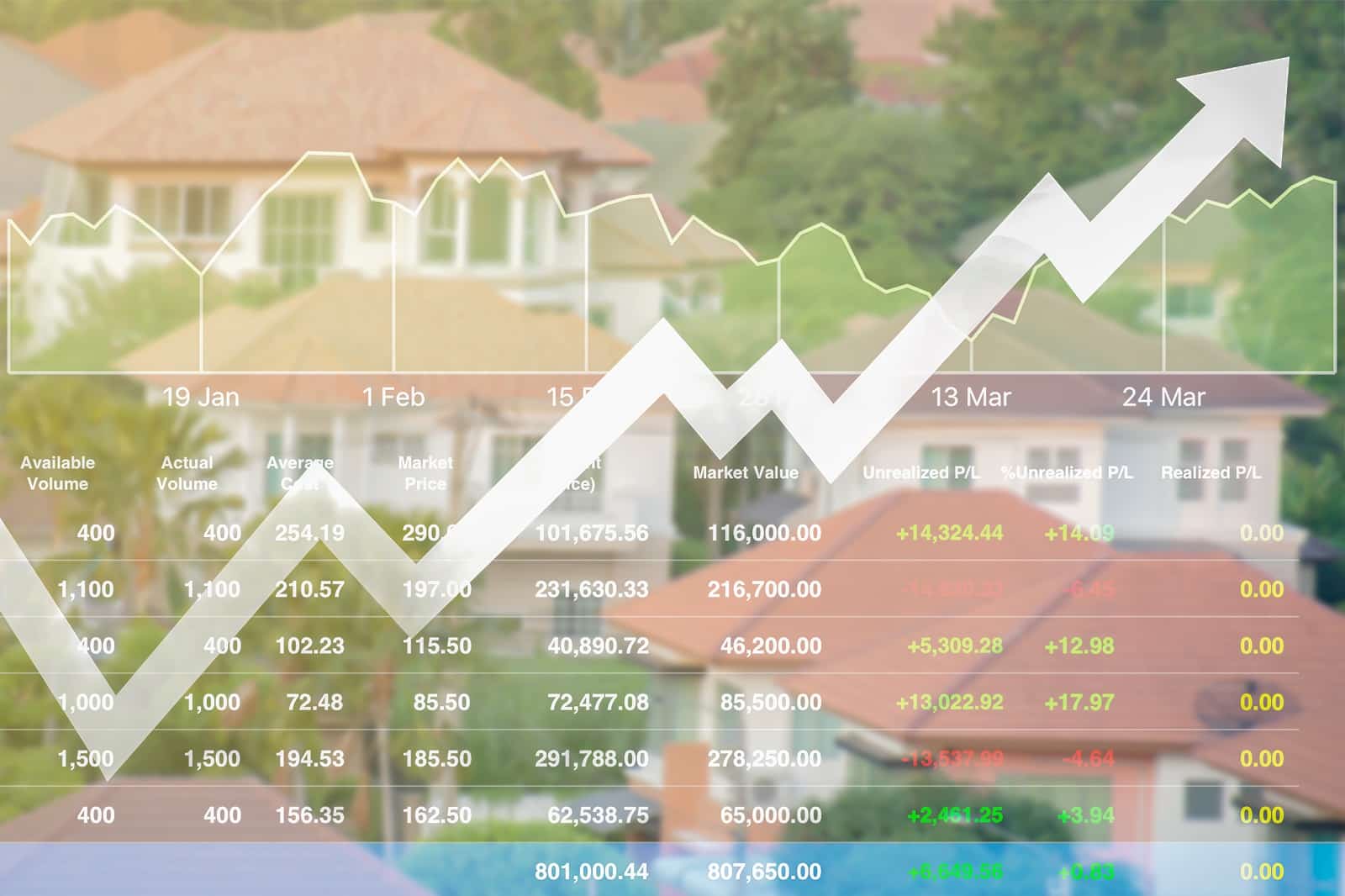In times of fluctuating interest rates and soaring home prices, the U.S. housing market is experiencing a significant cooldown, with the effects reaching across multiple industries and altering consumer behaviors.
The Ripple Effect of a Cooling Market

The recent downturn in the U.S. housing market is more than a real estate issue; it is impacting various industries and consumer behaviors. From home improvement to storage solutions, the effects are widespread across businesses and consumers alike.
Impact on Home-Related Services

Professional services tied to housing, like inspections and real estate agents, are feeling the pinch. With fewer homes being bought and sold, workloads and revenues are taking a hit. This slowdown is a direct result of higher interest rates and soaring home prices.
Shifts in Consumer Spending

As people buy fewer homes, the demand for home-related products and services is declining. Consumers are adapting their lifestyles and financial strategies. The trend is affecting a range of sectors, from furniture to electronics, leading to a notable drop in sales for many businesses.
Challenges for Home Improvement Retailers

Retailers like Home Depot and Lowe’s are reporting decreases in sales, especially for big-ticket items. With fewer home purchases and renovations, demand for home improvement products is dwindling.
The Shift in Home Furnishings Demand

The demand for home furnishings, which surged during the pandemic, is now declining. This shift is partly due to reduced home purchasing and a saturation effect from previous high buying rates.
Storage Industry Slump

The storage sector, which boomed during the pandemic, is now facing a decline. With less moving activity, the need for storage solutions is decreasing, affecting companies in this space.
Rise in Home Equity, But at a Cost

Homeowners, particularly those with significant home equity, are facing new challenges. Increased home values are a boon, but the higher cost of accessing equity is leading to more cautious financial decisions.
Consumer Strategies Amid High Prices

With the high cost of living, consumers are adjusting their spending habits. This includes reconsidering large purchases and home renovations, as the financial burden becomes more pronounced.
The Role of Interest Rates

Interest rates play a crucial role in shaping the housing market. Their fluctuations have a direct impact on mortgage affordability, influencing both buyers’ and sellers’ decisions.
First-Time Homebuyers Most Affected

For many, the dream of homeownership is becoming more complex. Prospective buyers, particularly millennials and first-time buyers, are rethinking their plans in the face of financial challenges posed by the current market. High prices and interest rates make entering the market more challenging, affecting a significant portion of potential buyers.
Baby Boomers Rethinking Downsizing

Older homeowners, who might normally downsize, are hesitating due to the cost implications of new mortgages at higher rates. This reluctance adds to the market’s stagnation.
Adjustments in Home Renovation Trends

The tendency of homeowners to invest in home improvement projects is changing. Factors like higher material costs and economic uncertainty are leading to a decline in large-scale renovations and DIY projects. Home renovations, once a popular alternative to moving, are now less appealing, leading homeowners to postpone or scale back renovation plans.
Impact on Rental Market

As buying a home becomes more challenging, more people are turning to the rental market. This shift is leading to changes in rental prices and availability, affecting the dynamics of the housing market as a whole.
Long-Term Effects on Consumer Behavior

These market changes are reshaping long-term consumer behavior. People are rethinking major life decisions, like starting a family or moving, due to the financial implications of the current housing market.
Psychological Impact on Homeowners and Buyers

The uncertainty and challenges of the current housing market also have psychological effects on individuals and families. Stress-related to financial security, the ability to afford a home, and future planning can impact mental health and well-being.
Policy Responses and Initiatives

Government policies play a critical role in shaping the housing market. Current conditions might prompt new housing policies or initiatives, aimed at stabilizing the market and supporting both homeowners and renters.
Adapting to Challenges

For those affected by the housing market’s slowdown, financial planning becomes crucial. Strategies include budgeting, seeking financial advice, exploring alternative housing options, and also staying informed about market trends.
Market Predictions

The future of the housing market remains uncertain. Potential interest rate cuts could provide some relief, but the overall economic environment will continue to influence consumer decisions and industry trends.
The post Housing Market Downturn: Effects on Industry and Consumer Habits first appeared on Wealthy Living.
Featured Image Credit: Shutterstock / MDV Edwards.
The content of this article is for informational purposes only and does not constitute or replace professional financial advice.





